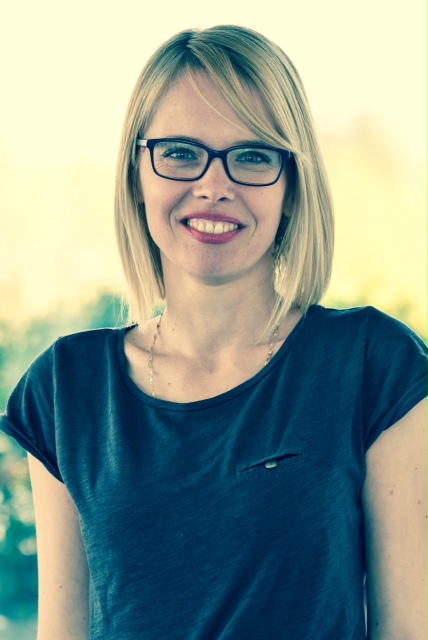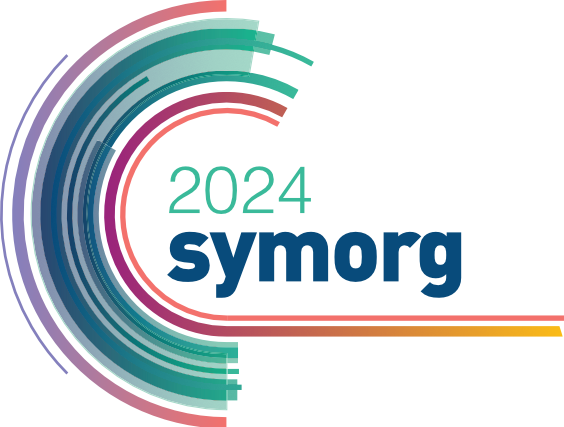Latest SymOrg news read more ...
Dear colleagues, We are pleased to inform you that SymOrg 2024 conference proceedings has been updated. You can access and download the proceedings at this link. Kind regards, SymOrg Organizers
Dear colleagues, On this page (below the agenda) there is a list of links for those among you who wish to follow the sessions online. Kind regards, SymOrg Organizers
Dear colleagues, The deadline for submitting papers for the 19th International Symposium SymOrg 2024 is extended to May 6, 2024. It would be our pleasure to receive your papers and welcome you to the Symposium. We kindly ask you to follow the paper guidelines and instructions that are available on this link: https://symorg.fon.bg.ac.rs/paper-instructions/. Kind regards, SymOrg Organizers
Dear colleagues, We are pleased to invite you to participate in the 19th International Symposium SymOrg 2024 organized by the Faculty of Organizational Sciences, University of Belgrade, which will take place on Zlatibor, Serbia, from 12 to 15 June, 2024. The topic of SymOrg 2024 is “UNLOCKING THE HIDDEN POTENTIALS OF ORGANIZATION THROUGH MERGING OF […]
Impressions from SymOrg read more ...

It was of a great honor to be part of this International Symposium with a long-lasting tradition and as a panel participant to present trends in the Bank’s digital operations. With impeccable organization and the opportunity to share the experiences of different companies, throughout best practice examples we were once again reminded of the importance of flexibility in everyday business, especially in a dynamic environment and period such as the covid and post-covid era. I am proud that this was another successful initiatives behind the cooperation between Banca Intesa and the Faculty of Organizational Sciences.

Taking participation in this year’s SymOrg 2022 panel was an inspiring experience, both because of the general topic relevance, as well as for the overall impressions that the panelists and the moderators left. We had the opportunity for a quality discussion on how the crisis caused us to have had to step out of our comfort zones in different industries, and to share our experiences and practices that have proven to establish new standards after the crisis.
Although I never thought there was really the need to “reinvent the wheel” in terms of the initial approach during the crisis – which proved correct, because regardless of the industry, the common approach to sudden work from-remote-locations circumstances was, more or less, the same across different industries – my personal key impression is that we, as a business society, have collectively changed our business mindset altogether. We are now thinking much more about the long-term sustainability, and we are aware that any current and possibly upcoming crisis can easily escalate and jeopardize the traditional ways of doing business. This makes us more aware and cautious in a business sense, and therefore we are now setting adjusted business models in a more sustainable manner.
It has been a professional honor for me to be in position to contribute to such an inspiring discussion during this panel, and a special personal pleasure to return to an institution that practically paved the way for my professional development – the institution which I am personally very proud of.

First of all, I would like thank Faculty of Organizational Sciences for inviting me to participate as a moderator on the panel related to Supply Chain Management and for the opportunity to identify trends and challenges in this industry with top experts in the events of the pandemic and the crisis in Ukraine. I believe that the panel went well, that both the panelists and the present listeners contributed with their own views, open discussions and interaction to define, explain and show ways to overcome certain challenges and problems. The conclusion led us to the idea that the focus must be on the continuity, sustainability and resilience of the system, and certainly the focus on personnel as the most important link in supply chains.










